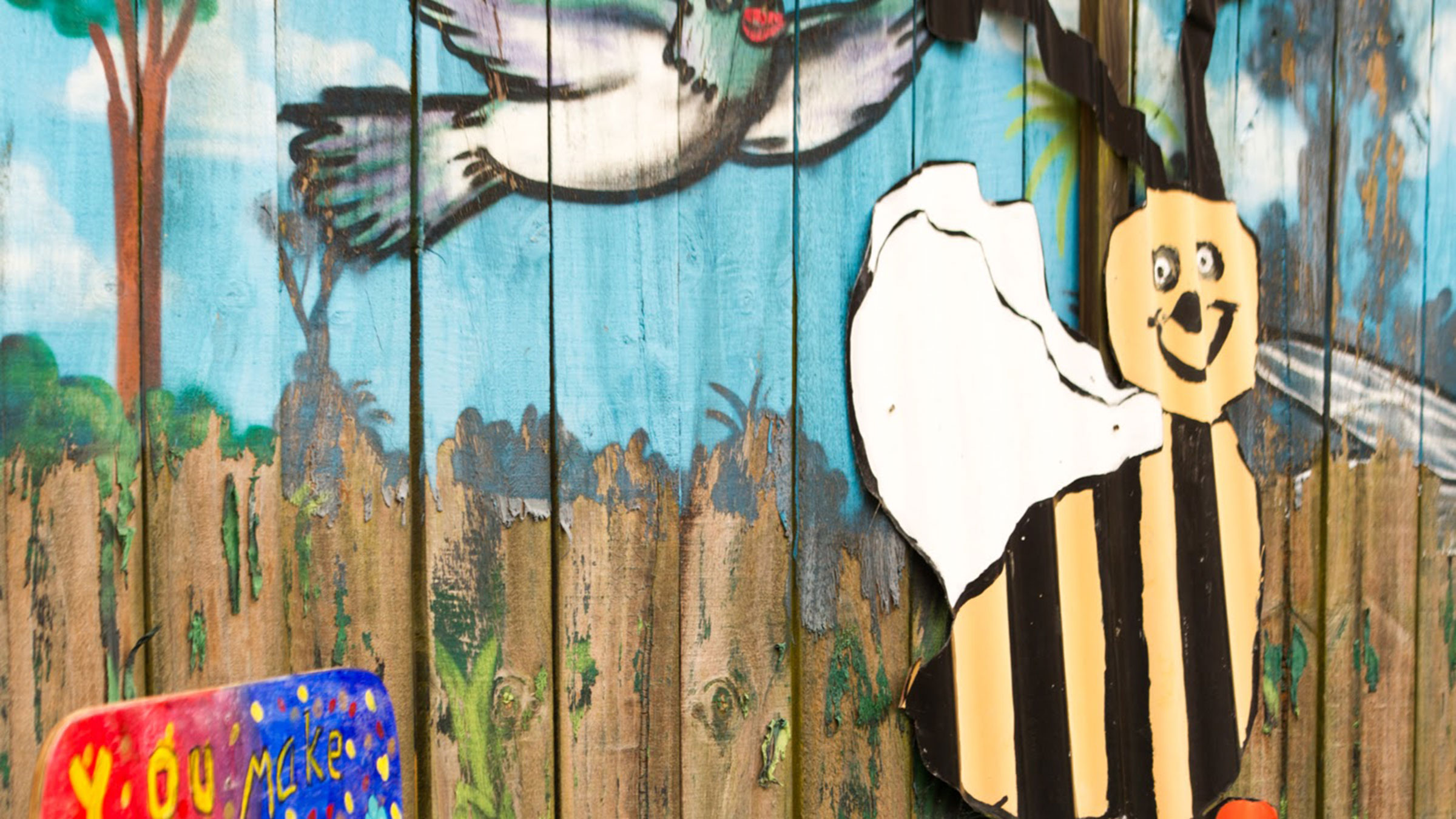Relationships and sexuality education
All ākonga equally deserve an education that enables them to develop healthy relationships, become positive in their own identities, and develop competencies for promoting and sustaining their own wellbeing and that of others.

What is relationships and sexuality education?
Ākonga need opportunities to learn about the complexity of human relationships and sexuality, including issues related to:
- gender
- identity
- communication
- consent
- safety
- attraction
- expectations
- ethics
- sex
- values
- media representations
- online behaviour.
Schools can meet this need by providing opportunities to explore these issues in health and physical education through the four underlying concepts and the strands.
A whole-school approach to relationships and sexuality education (RSE) is best practice. Appropriate, up-to-date school policies, active leadership, quality teaching, and strong reciprocal relationships between the school and its whānau and community are all essential for success.
Sex education or sexuality education?
It is important to note that sex education and sexuality education are different. The New Zealand Curriculum supports a holistic approach to relationships and sexuality education as defined by the hauora model which includes physical, social, mental, emotional, and spiritual aspects. Sexuality education is much broader than sex education, which only relates to the physical aspects of sexual and reproductive knowledge.
The underlying concepts in relationships and sexuality education
The underlying concepts are woven through learning in this area in the following ways:

The holistic approach to relationships and sexuality education is based on the concept of hauora. This approach recognises that all relationships have social, mental and emotional, and spiritual dimensions as well as physical dimensions, and that these aspects are interrelated.

Relationships and sexuality programmes are underpinned by the values of social justice and equity. Ākonga can explore diverse values and learn about respect and about care and concern for themselves and other people. They can examine how values are expressed in relationships and in different groups and contexts. They can develop understandings around ethics, rights, and responsibilities.

Through the socio-ecological perspective, ākonga examine the social and cultural contexts that affect how people learn about, understand, and express their relationships, gender, and sexuality. This perspective enables ākonga to look critically at culturally-based values and beliefs and how they affect individuals and society.

Ākonga can take health promotion action within schools and communities to advocate for access to services, to raise awareness of sexuality and gender issues, to work against discrimination, and to show support for diversity. Ākonga can be involved in communicating between schools and communities in relation to gender and sexuality issues and programmes.